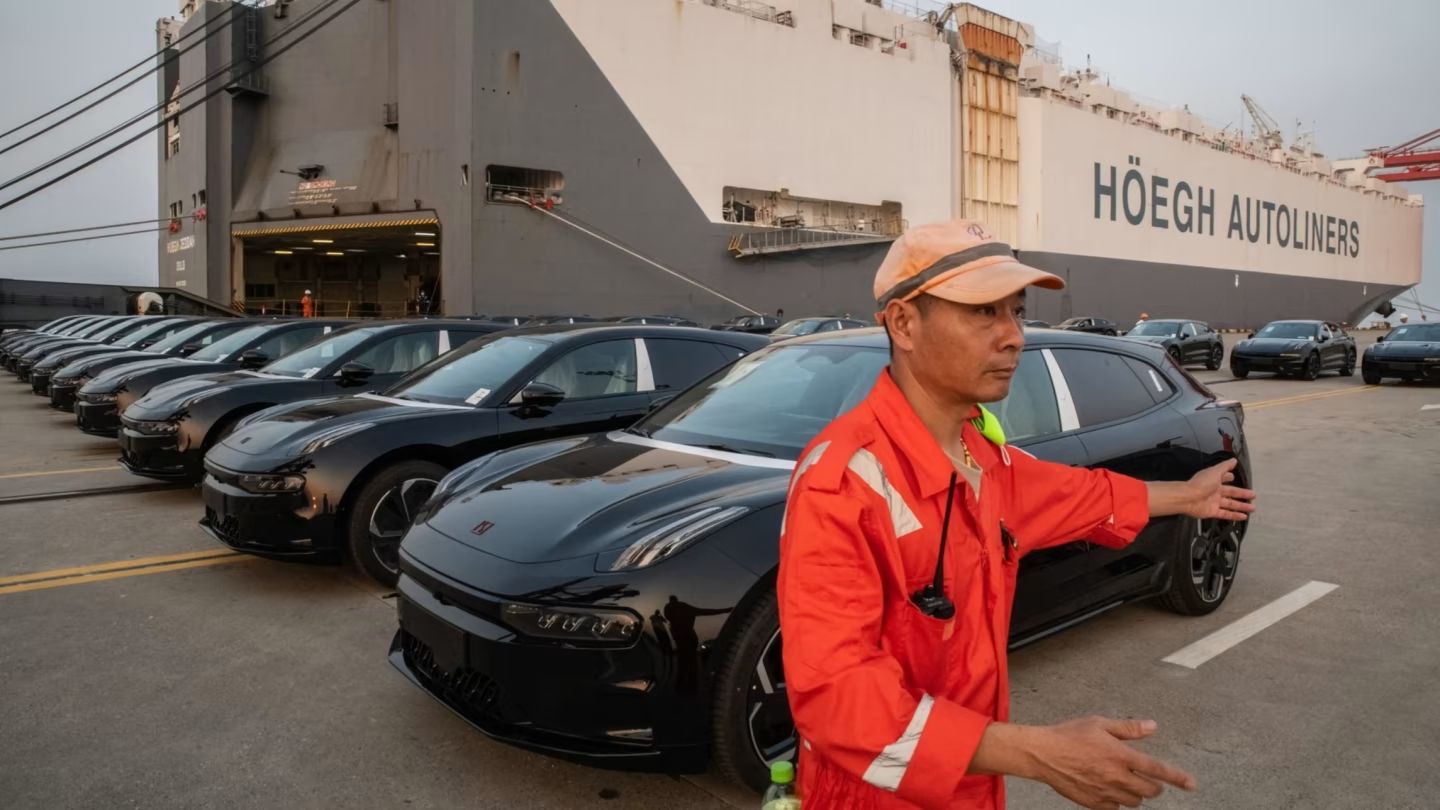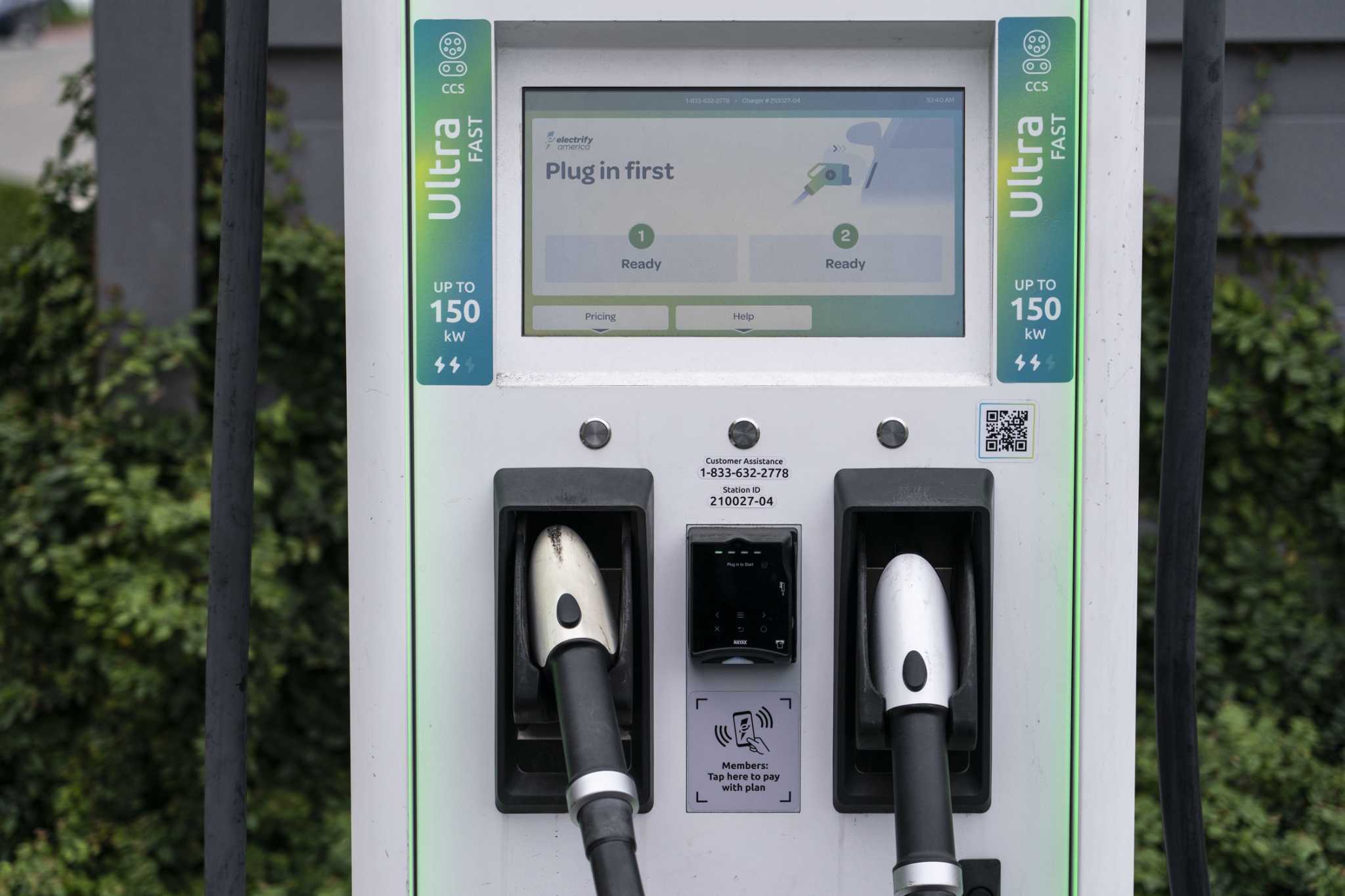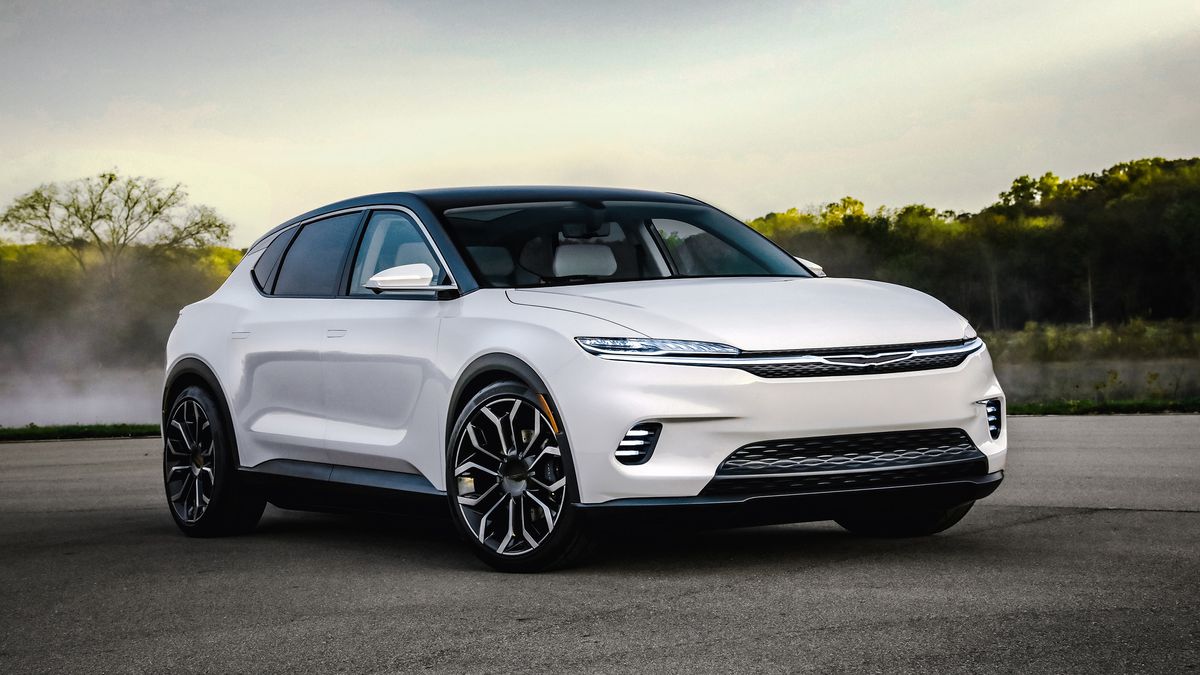Tesla, the leading electric vehicle (EV) manufacturer in the U.S., is pushing for stricter fuel economy standards to further solidify its dominance in the market. In a letter to the National Highway Traffic Safety Administration (NHTSA), Tesla has called for more stringent regulations than what has been proposed, a move that could unsettle traditional automakers such as General Motors, Ford, and Stellantis.
Key Takeaway
Tesla is advocating for stricter fuel economy standards to maintain its dominance in the U.S. EV market, even as other automakers face challenges such as union strikes and reduced demand for their electric vehicles. By pushing for more ambitious regulations, Tesla aims to gain a competitive edge and further solidify its position as the leader in the EV industry.
Challenging Competitors and Gaining from Strikes
By advocating for tougher regulations, Tesla aims to gain an upper hand over its rivals. Currently, General Motors, Ford, and Stellantis are grappling with a contentious union strike that has already resulted in substantial financial losses and disrupted their EV rollout plans. Additionally, these automakers are facing reduced demand for their electric vehicles, which are priced at a premium. In contrast, Tesla, being a non-unionized company solely focused on producing EVs, stands to benefit from both the strikes and stricter fuel standards.
Tesla’s Battle for Market Share
In order to maintain its stronghold in the U.S. EV market, Tesla has been reducing its car prices to boost sales. While the company delivered a record number of vehicles in the third quarter of this year, its market share has witnessed a 10-point decline compared to the previous year.
The Call for Stricter Standards
In its letter to the NHTSA, Tesla advocates for a 6% annual increase in Corporate Average Fuel Economy (CAFE) standards for passenger cars and an 8% annual increase for trucks and SUVs. This proposal surpasses the NHTSA’s suggestion of a 2% increase for cars and a 4% increase for trucks and SUVs. Tesla argues that its recommended standards would significantly decrease energy consumption, mitigate climate change, and align with the growing adoption of battery electric vehicle (BEV) technology in the market.
The letter also highlights announcements made by various manufacturers, including Toyota, Hyundai, JLR, and Subaru, regarding their EV production goals, which align with the timeframe suggested by Tesla. Furthermore, Tesla criticizes the NHTSA for excluding future vehicle models, such as the highly anticipated Cybertruck, from its modeling. Tesla asserts that it will be able to produce enough vehicles to meet the heavy-duty pickup truck standards it has proposed by 2024.
Opinions of Other Automakers
While Tesla pushes for more ambitious fuel standards, most other automakers have found the NHTSA’s proposals to be unreasonable and have requested revisions. The American Automotive Policy Council, representing General Motors, Ford, and Stellantis, has urged the NHTSA to halve the proposed fuel economy increases for trucks, citing disproportionate impact on their truck fleet. These automakers emphasize that the standards Tesla is proposing would be even more radical.

























